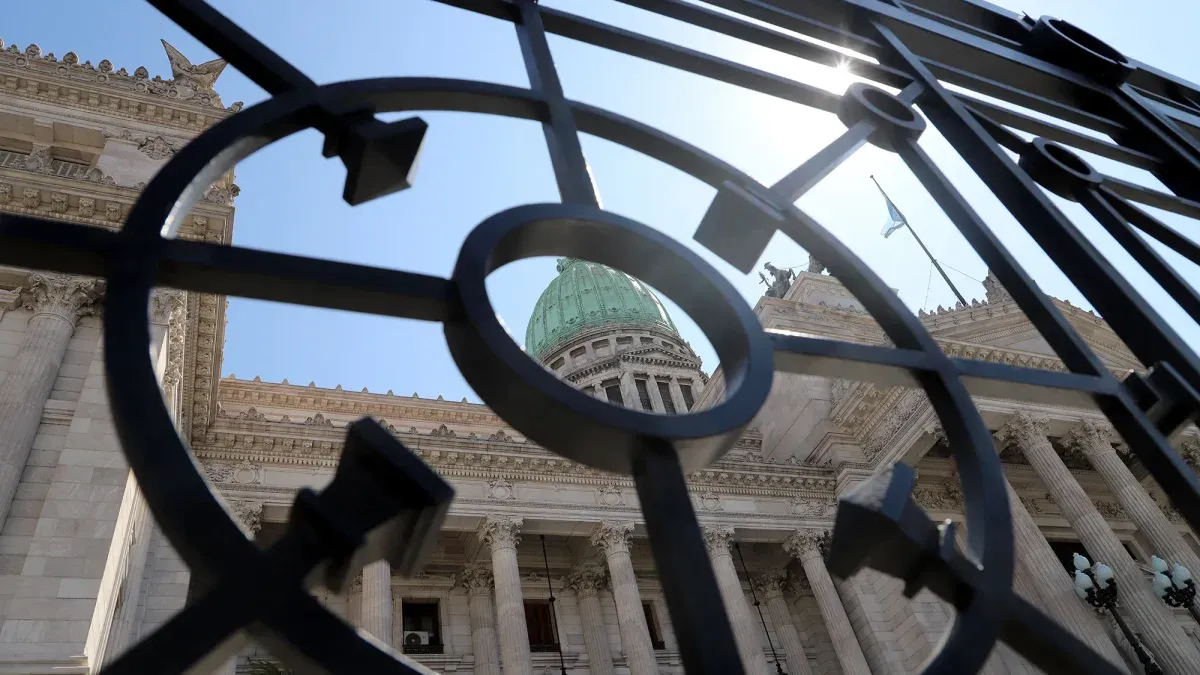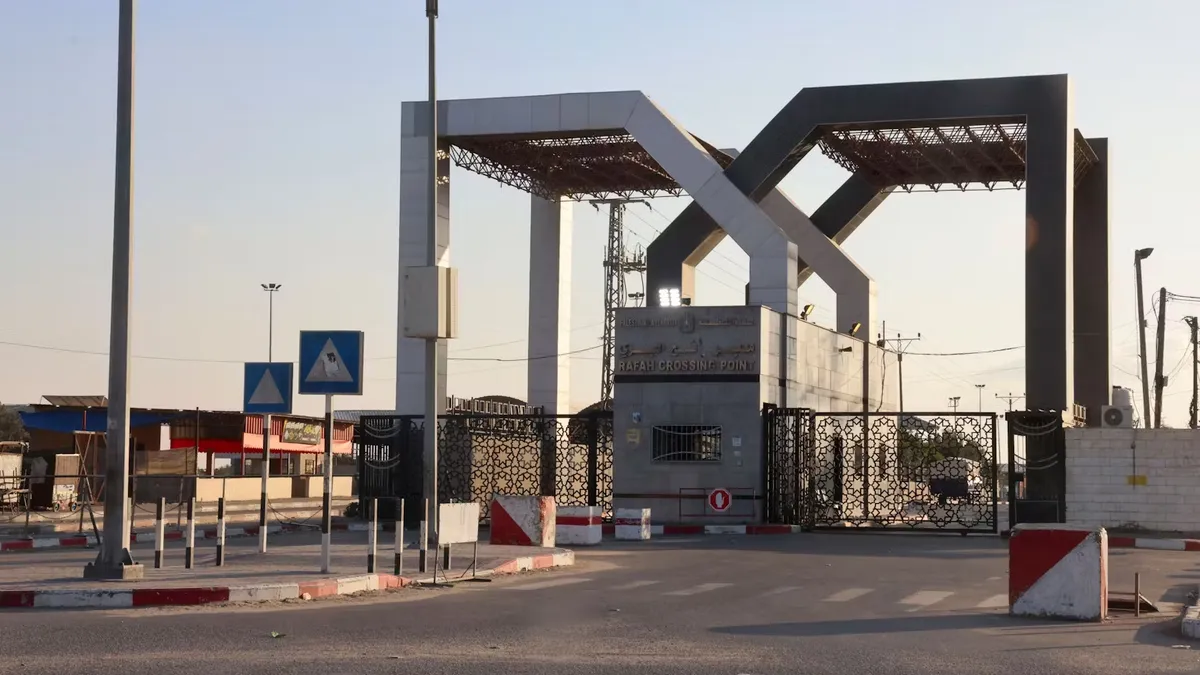The DNU 179/2025 that the Executive Power sent to Parliament, and that was ratified last week in deputies, imposes a new indebtedness with the IMF and implied that the legislators have had to work “in the gloom” in which we were considered approveing a “to be held” agreement, with respect to which we do not know the amount that involves the amount that involves, the conditions, the conditions of interest, definitive, none of the elements that compose it.
It is also worth asking: What is “the need and urgency” that requires the approval of this loan with an international organism being that there is no risk of default? As I mentioned in my previous column, the first capital maturities of the restructured debt in 2022 begin in September 2026.
Article 2 of the Decree says that “the Executive Power, in use of its powers, will sign the necessary instruments to comply with the provisions of article 1, being able to delegate these powers in the Ministry of Economy.” A DNU that authorizes the Minister of Economy to subscribe a indebtedness, without any limitation. It implies a delegation of faculties that exceeds the limits of everything reasonable.
Given the current macroeconomic conditions, this new agreement with the Fund could imply a return to what happened during the Government of Mauricio Macri: the most amount credit in the history of the agency and our country, which derived in a capital escape structure in the framework of an economy in recession in which only one minority came out of the financial speculation. A cost that Argentine society is still paying.
Another argument that is used in the decree to “justify” the “urgency” in the treatment of this new agreement is that “the volatility of the economic variables generated by the uncertainty caused by the low quality of the BCRA asset prevents following the ordinary process of laws without being affected by the success of the economic stabilization program.”
The reality is that this quality of assets would have been much higher if, to sustain the daily minidevaluations policy (or Crawling PEG) of 2% monthly for 2024 and now in the monthly 1%, they would not have stopped receiving about about 19,500 million dollars for the application of the so -called “dollar Blend”, whereby 20% of exports are set International To which the repeated direct interventions in the purchase of titles to maintain financial dollars levels should be added.
They are all policies that go against an efficient administration of a scarce good in our country, such as currencies, so necessary for local productive development.
One of the most recent examples of decisions that go in this line is to reduce import tariffs in the textile sector, arguing that it would lead to a price drop. A measure contrary to what is happening in the main economies of the world and with several negative edges: on the one hand, the greatest need for currencies in the face of an increase in imported goods, and on the other, according to the related cameras themselves, it is not the solution. They argue that “the international experience has shown that a commercial opening without planning can weaken the local industry instead of strengthening it.” They added that
“Without a comprehensive strategy that contemplates the improvement of systemic competitiveness of the local industry, this measure can seriously compromise the use, production and development of the textile value chain in Argentina.”
The current situation is already worrying: according to the latest official employment data, during the fourth quarter of 2024, 125,000 registered employees lost their jobs when comparing it with the same period of 2023 and the unemployment rate rose from 5.7% to 6.4% in equal period.
As we have commented on other times: with the particularities of each moment, we are facing a continuation of the policies applied during the efforts of Martínez de Hoz, Carlos Menem or Mauricio Macri that, together with Javier Milei, would complete what we gave to call “4m”: indiscriminate drainage of the state, adjustment of public spending, exchange delay and import opening, indebtedness with conditionalities with conditionalities with increasing deadlines and amounts Others, whose results are known and were already suffered by Argentine society.
National Deputy Union for the Homeland. President Solidarity Party
Source: Ambito
David William is a talented author who has made a name for himself in the world of writing. He is a professional author who writes on a wide range of topics, from general interest to opinion news. David is currently working as a writer at 24 hours worlds where he brings his unique perspective and in-depth research to his articles, making them both informative and engaging.




